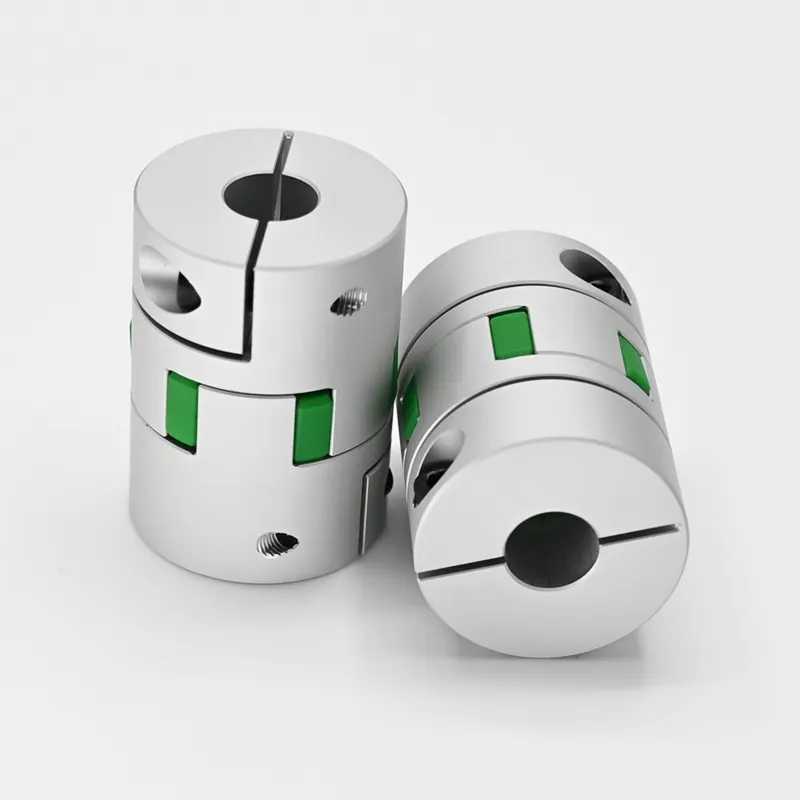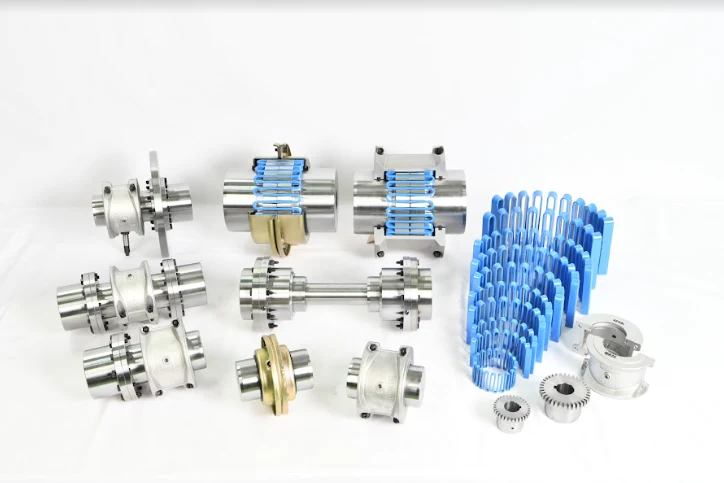Product Description
We are a manufacturer of various spare parts,such as Machining Parts,Casting Parts,Forging Parts,Stamping Parts,Sheet Metal Parts,Welding Parts and so on,these parts are used in all walks of life. We are undertaking both OEM and ODM business together.We support all customized parts according to the customer’s drawings.
in our company we use the latest machining technology with a wide range of capabilities to meet your demands. With these machines, we produce complex parts in the most efficient and accurate way. Our manufacturing capabilities allow us to develop your part from prototype to mass production for the most precise of jobs.
We have professional cooperation suppliers. They are also industry benchmark companies in material treatment and surface treatment, which can meet the all-round service of your products from heat treatment to surface treatment. We firmly believe that professional people do professional things!
Good products must have good inspection, advanced measuring instruments and professional inspectors to ensure that your products are 100% qualified.
100% inspection ensures the quality of your products, Good products need good protection. We customize the packing box for your products. We do more than you require from surface protection to produ ct knock against.
1. We support small quantity order.
2. Every product will be carefully packed to prevent the bump and rust in transit. As we believe that small details make big difference.
3. We have a very strict inspection system. From material to shipping, we have flow inspectors and professional inspectors. All the products must self-inspected during production and full inspection before shipment.
4. We have more than 20 years production experience, no matter how complex your parts we have confidence to satisfied you.
5. We can ensure the cheapest shipping cost in China for small package such as EMS, Fedex, UPS, DHL etc..
At the same time, relying on the geographical advantages of HangZhou city, HangZhou port, Jiaodong International Airport, China Europe train, etc., our products can reach your factory conveniently and quickly by sea, air and land transportation.
/* January 22, 2571 19:08:37 */!function(){function s(e,r){var a,o={};try{e&&e.split(“,”).forEach(function(e,t){e&&(a=e.match(/(.*?):(.*)$/))&&1

How does Misalignment Affect the Performance of Industrial Couplings, and How Can it be Corrected?
Misalignment is one of the most common issues affecting the performance of industrial couplings. When the connected shafts are not properly aligned, it can lead to various problems that can impact the efficiency, reliability, and lifespan of the coupling and the entire mechanical system. Here’s how misalignment affects coupling performance and the methods to correct it:
Effects of Misalignment:
- Increased Stress: Misalignment creates additional stresses on the coupling and connected machinery. This can result in premature wear, fatigue, and potential failure of coupling components.
- Vibration and Noise: Misalignment generates vibrations and noise during operation. Excessive vibrations can damage other system components, reduce precision, and lead to discomfort for operators and personnel.
- Reduced Power Transmission: Misalignment reduces the effective torque transmission capacity of the coupling. As a result, the system may not achieve the desired level of performance or may experience frequent slip-offs.
- Temperature Rise: Misalignment causes additional friction and heat generation in the coupling. This can lead to an increase in operating temperature, potentially compromising the lubrication and reducing the coupling’s life.
- Uneven Wear: Misalignment causes uneven loading on coupling elements, resulting in uneven wear and potentially leading to the failure of certain parts.
Methods to Correct Misalignment:
- Shaft Realignment: The most effective method to correct misalignment is to perform a shaft realignment. This involves adjusting the position of one or both shafts to ensure they are co-linear and concentric. Precision alignment tools such as laser alignment systems or dial indicators are commonly used for this purpose.
- Flexible Couplings: For applications where misalignment is inevitable due to factors such as thermal expansion or dynamic loads, flexible couplings can be used. Flexible couplings, like diaphragm couplings or elastomeric couplings, can accommodate small misalignments and reduce the stress on the system.
- Spacer Couplings: Spacer couplings can be used to create space between the shaft ends, allowing for adjustments and realignments without disassembling the entire coupling assembly.
- Torque Limiting Couplings: Torque limiting couplings can protect the machinery from excessive torque during misalignment or shock loads. They disengage temporarily when the torque exceeds a predefined limit, preventing damage to the coupling and other components.
- Periodic Maintenance: Regular maintenance and inspections should be performed to monitor the coupling’s alignment and address any changes or misalignments that may occur during operation.
Correcting misalignment is crucial for ensuring optimal performance and longevity of industrial couplings. Proper alignment minimizes stress, reduces wear, and enhances power transmission efficiency. Whether through precision alignment methods or using flexible couplings, addressing misalignment proactively can prevent costly repairs, downtime, and potential safety hazards in industrial systems.

Specific Couplings Designed for High-Temperature or Corrosive Environments
Yes, there are specific couplings designed to operate in high-temperature or corrosive environments. These specialized couplings are constructed using materials and designs that can withstand extreme conditions without compromising performance. Here are some examples of couplings tailored for such environments:
- High-Temperature Couplings: In applications where machinery operates at elevated temperatures, standard couplings made of conventional materials may not be suitable due to their limited thermal resistance. High-temperature couplings are engineered with materials like heat-resistant alloys or ceramics that can withstand extreme heat without degrading or losing their mechanical properties. These couplings are often used in industries such as steel manufacturing, glass production, and aerospace, where the equipment encounters high temperatures during normal operation.
- Corrosion-Resistant Couplings: Industries dealing with corrosive substances or harsh environments require couplings that can resist chemical attack and degradation. Corrosion-resistant couplings are typically made of stainless steel or other alloys with excellent corrosion resistance properties. These couplings protect against the effects of acids, alkaline solutions, and other corrosive elements, ensuring a longer service life and reliable operation. They are commonly used in chemical processing, petrochemical, and marine applications.
- Composite Couplings: Composite materials can offer a combination of properties that make them suitable for challenging environments. For instance, fiber-reinforced composite couplings can provide high strength, lightweight, and resistance to both high temperatures and corrosive substances. These couplings find applications in aerospace, automotive, and other industries where weight reduction and durability are crucial factors.
- Non-Metallic Couplings: Non-metallic couplings made of materials like plastic or reinforced polymers offer excellent resistance to corrosion, chemicals, and extreme temperatures. These couplings are often used in food and beverage processing, pharmaceuticals, and other industries where hygienic conditions and resistance to aggressive substances are essential.
It is crucial to select the appropriate coupling that matches the specific requirements of the operating environment. Using standard couplings in high-temperature or corrosive settings can lead to premature failure, increased maintenance, and safety risks. By opting for couplings designed explicitly for such conditions, industries can ensure the reliability and longevity of their equipment and maintain optimal performance even in the most challenging environments.

Advantages and Disadvantages of Using Flexible Couplings in Industrial Setups
Flexible couplings offer several advantages in industrial setups, but they also come with some disadvantages. Here’s a detailed overview of both aspects:
Advantages:
- Misalignment Compensation: Flexible couplings can compensate for various types of misalignment, including angular, axial, and parallel misalignment. This capability reduces stress on connected machinery, bearings, and shafts, resulting in extended component life and improved reliability.
- Vibration Dampening: Flexible couplings can absorb and dampen vibrations, preventing them from being transmitted to other parts of the machinery or equipment. This feature helps reduce noise and minimizes wear and tear on the system, leading to smoother operation and decreased maintenance requirements.
- Shock Absorption: Some types of flexible couplings, such as grid and elastomeric couplings, offer excellent shock absorption properties. They can handle sudden load changes and impacts, making them suitable for applications with varying loads or in environments prone to shock forces.
- Torsional Flexibility: Flexible couplings provide torsional flexibility, allowing for slight angular displacement between connected shafts. This flexibility helps prevent torsional vibrations and mechanical resonance, improving the overall stability and performance of the machinery.
- Easy Installation and Maintenance: Most flexible couplings are relatively easy to install and require minimal maintenance. They often do not need lubrication, reducing maintenance efforts and downtime, which can result in cost savings.
- Cost-Effective Solution: Flexible couplings are often more cost-effective than rigid couplings, especially in applications where misalignment compensation and shock absorption are required. They offer a balance between performance and affordability.
Disadvantages:
- Backlash: Some flexible couplings introduce a certain amount of backlash or angular play due to their design. In precision applications, this backlash may result in reduced accuracy and positioning errors.
- Lower Torque Capacity: Compared to some rigid couplings, flexible couplings generally have lower torque capacity. In high-torque applications, careful selection is essential to ensure the coupling can handle the required torque without slipping or failing.
- Limitations on High-Speed Applications: Some types of flexible couplings may have limitations in high-speed applications due to factors like balancing requirements or resonance effects.
- Finite Lifespan: Flexible couplings have a finite lifespan and may require periodic replacement, especially in demanding or high-load applications.
When choosing whether to use flexible couplings in an industrial setup, engineers should carefully consider the specific requirements and operating conditions of the application. While flexible couplings offer significant advantages, they may not be suitable for every scenario. Proper selection and regular maintenance of the coupling can ensure optimal performance and extend its lifespan, contributing to the overall efficiency and reliability of the industrial system.


editor by CX 2024-03-11
